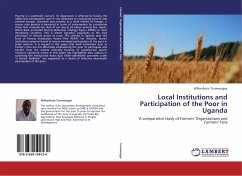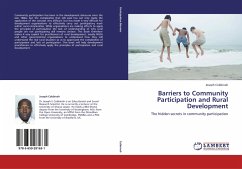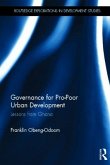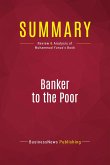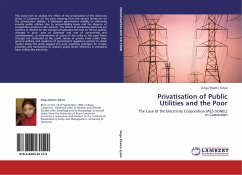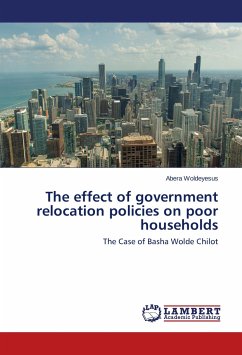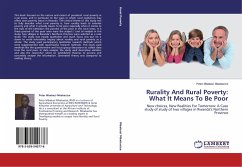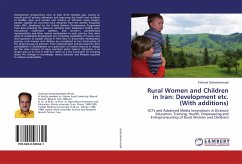Poverty is a worldwide concern. Its importance is reflected by having the millennium development goal # one dedicated to eradicating poverty and extreme hunger. Literature puts poverty as a close relative of hunger, a reason why poverty is measured in terms of consumption by considering those that consume less than $1 per day to be below poverty line. Again, World Bank promoted Poverty Reduction Strategy Papers (PRSPS) in most developing countries. This is where Uganda's popularity as the best performer of reforms draws its roots. The reforms in Uganda took the form of Poverty Eradication Action Plan (PEAP). For instance, farmer institutions came on board to ensure increased participation of the poor in these reforms. It is argued in this paper that local institutions such as Farmer's Fora are not effectively empowering the poor to participate and benefit from the market economy because of asymmetrical power relations. Literature review in this paper has highlighted elite capturein sustaining the institutional status quo. Multi-stakeholder processes under "a honest facilitator" are suggested as a means of fostering meaningful participation of the poor.
Bitte wählen Sie Ihr Anliegen aus.
Rechnungen
Retourenschein anfordern
Bestellstatus
Storno

